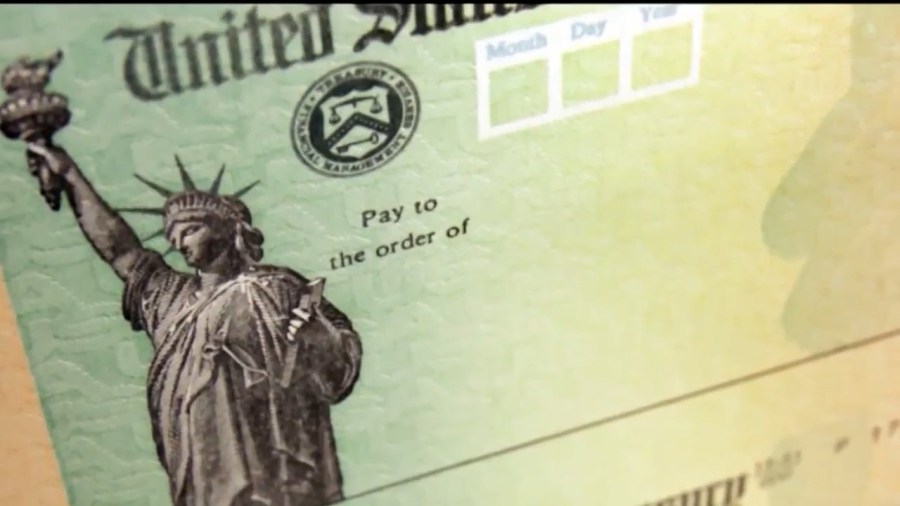HONOLULU (KHON2) — Thousands of federal workers are bracing for the financial fallout of the government shutdown.
The first partial paychecks since the shutdown are expected to arrive tomorrow. But the next one, scheduled for two weeks from now, will have no pay at all.
Nine days in and patience – and paychecks are running thin.
For thousands of federal workers, tomorrow’s partial pay won’t go far and backpay is not guaranteed either.
At Hawaiian Community Assets, the inquiries for financial help has picked up.
“Definitely over the past few months, it’s been increasing, you know. And what we tell people is that the best thing to do is try to get ahead of every situation. And so if you’re worried that something could happen, now is the time to come in,” said Chelsie Evans Enos, Hawaiian Community Assets Executive Director. “Now’s the time to connect with someone. So we can definitely help you take a look at what worst case scenario could be like, and attempt to have that plan of what we can do along the way, or try to prevent some of those things from happening. But preparedness is is the best thing that people can do right now.”
Hawaiian Community Assets provides financial education and emergency planning, but they also have emergency funds through the Office of Hawaiian Affairs. While much of that funding has been already been used, Evan Enos recommends people to contact them anyway because there may be additional funding coming from OHA.
Families who are tightening their budgets can find help, they just need to ask.
Hawaiian Electric announced it’s offering interest-free payment options to affected customers.
The Board of Water Supply says they can work with customers to provide an interest-free, no late fee payment plan.
And most local credit unions are offering short term loans and deferred payments.
“What I’m seeing from our variety of credit unions throughout the islands is that we are looking at being proactive by our members impacted by the by the federal government shutdown.. Some of the variety of programs being offered are loan deferment programs on existing loans at the credit union, loan deferrals, loan modifications, anything we can, we can do to make the situation a very uncertain situation more manageable,” said Tim Ashcraft, Hawaii Credit Union League President and CEO. “Another option that I’m seeing from some of our credit unions that they are offering short term loans where the payments are deferred for up to 90 days, with the hopes that the shutdown doesn’t last that long.”
There are 45 credit unions in the state of Hawaii.
“They’re all locally based, so you’ll get a decision much, much more timely, given that local ownership. And our credit unions are not for profit, financial cooperative zoned by its members. That’s what makes our structure so unique and so valuable to our communities in which we serve,” said Ashcraft. For those looking for financial help, Ashcraft recommends contacting your local credit union. “You may have a unique situation that even though credit unions may have a variety of options, contact them directly. They may have another option available that may meet the unique need.”
Hawaii congresswoman Jill Tokuda tells us she’s been appealing to local banks and agencies to help Hawaii families get through the coming weeks.
“I’ve been spending a lot of time just reaching out to those front liners talking about, where can we, you know, really, you know, get help for our federal workers during this really difficult time, knowing, at the same time, our job is to reopen government,” said Tokuda.
The Hawaii Foodbank is preparing for a higher demand. Aloha United Way’s 211 helpline is already fielding more calls. While we’ve weathered previous crises, this time, it’s different.
“It just feels a little bit more uncertain, and then in years past, and I think that’s creating the stress and the and the anxiety. I think you’re feeling that around town,” said Ashcraft.
The advice we’re hearing across the board – don’t be afraid to reach out for help.
